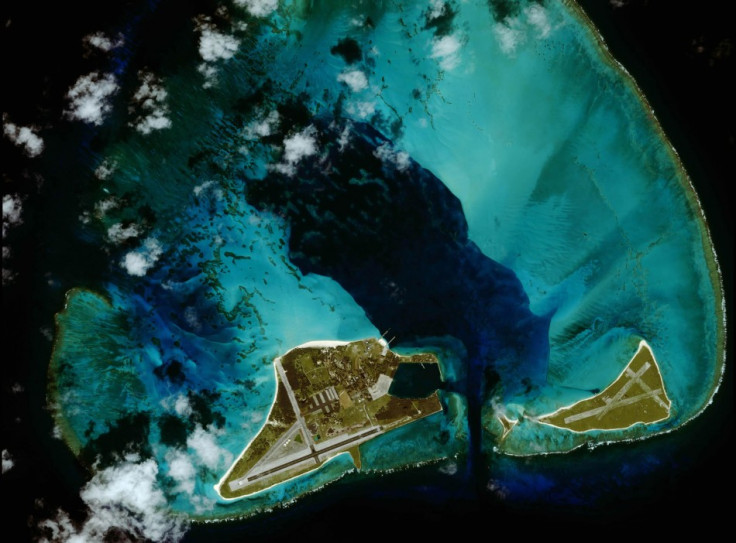Imminent Irreversible Planetary Collapse and Collision Course Predicted

A team of 21 scientists has predicted that the earth is on a much worse collision course than currently thought and is fast approaching an imminent, irreversible collapse.
The report published in the journal Nature, made use of scientific theories, toy ecosystem modelling and paleontological evidence as a crystal ball to make the predictions.
Coming from Chile, Canada, Finland, the United Kingdom, Spain and the United States, the authors of this paper initially met at the University of California Berkeley in 2010 to hold a trans-disciplinary brainstorming session.
They reviewed scores of theoretical and conceptual bodies of work in various biological disciplines in search of new ways to cope with the historically unprecedented changes now occurring on earth.
In approaching a state-shift in the earth's biosphere, the authors, whose expertise spans a multitude of disciplines, suggest our planet's ecosystems are careering towards an imminent, irreversible collapse.
The earth's accelerating loss of biodiversity, its climate's increasingly extreme fluctuations, its ecosystems' growing connectedness and its radically changing total energy budget are precursors to reaching a planetary state threshold or tipping point.
Once that happens, which the authors predict could be reached this century, the planet's ecosystems, as we know them, could irreversibly collapse in the proverbial blink of an eye.
"The last tipping point in earth's history occurred about 12,000 years ago when the planet went from being in the age of glaciers, which previously lasted 100,000 years, to being in its current interglacial state. Once that tipping point was reached, the most extreme biological changes leading to our current state occurred within only 1,000 years. That's like going from a baby to an adult state in less than a year," explains Arne Mooers, one of the authors of the study. "Importantly, the planet is changing even faster now."
The SFU professor of biodiversity stresses: "The odds are very high that the next global state change will be extremely disruptive to our civilizations. Remember, we went from being hunter-gatherers to being moon-walkers during one of the most stable and benign periods in all of Earth's history.
"Once a threshold-induced planetary state shift occurs, there's no going back. So, if a system switches to a new state because you've added lots of energy, even if you take out the new energy, it won't revert back to the old system. The planet doesn't have any memory of the old state," he says.
© Copyright IBTimes 2025. All rights reserved.





















